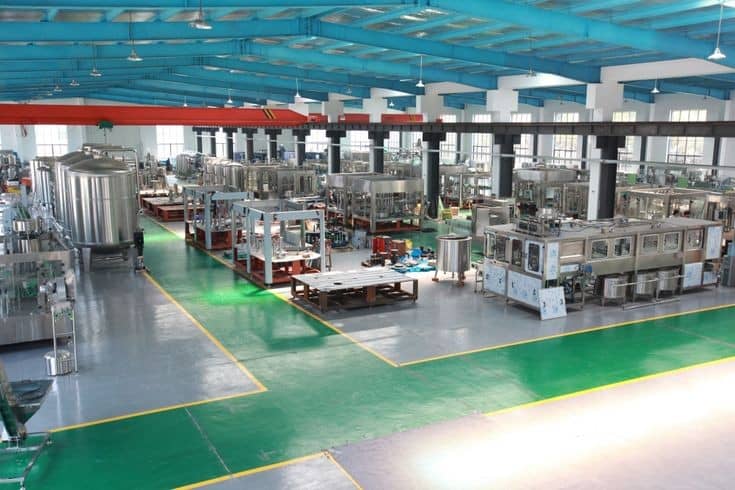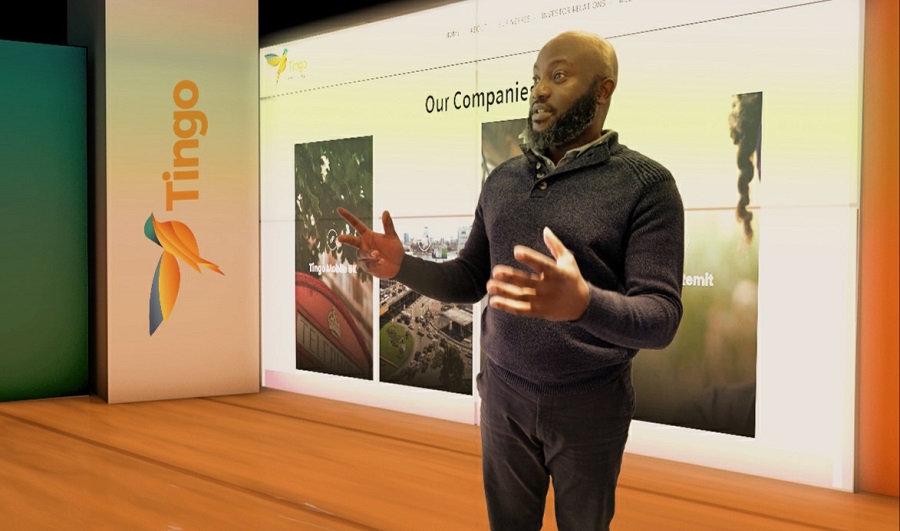Tingo Foods, a wholly owned subsidiary of Tingo International Holdings Inc, is set to revolutionise the African food industry with the planned foundation laying ceremony of its state-of-the-art food processing facility. The facility, with a project cost of 1.6 billion USD, aims to save Africa from paying foreign exchange to import finished food products, export made-in-Africa foods to the world, enhance inter-Africa trade via the Africa Continental Free Trade Agreement, and sell high-quality and nutritious food products in Nigeria. The project is expected to begin operations in the next 18 to 24 months.
The facility will be located in Ishiekpe village, Onicha Ugbo Aniocha North local government area of Delta State, Nigeria and will initially produce a range of products including rice, tea, coffee, chocolate, biscuits, edible oil, cashew milk, millet-based cereal, beer, mineral water, fizzy drinks, pasta, and noodles. The facility will also serve as a hub for the development and distribution of new products in the future.
Founder of Tingo International Holdings, Dozy Mmobuosi, stated that the facility is the first phase of a multi-billion-dollar investment that Tingo International Holdings plans to make in the African food industry. The bulk of the cost is primarily machinery, which will be imported from some of the world’s leading manufacturers. Mmobuosi said, “As the founder of Tingo International Holdings, I am thrilled to be a part of this project, which I believe will play a significant role in helping Africa feed itself. This facility represents a major step towards building a sustainable future for Africa and creating a food-secure world.”
The facility will create 12,000 direct jobs, providing a significant boost to the Nigerian economy and contributing to the United Nations’ Sustainable Development Goals (SDGs). The SDGs aim to end poverty, protect the planet, and ensure peace and prosperity for all. The facility’s job creation and wealth creation will help support SDG 8, Decent Work and Economic Growth, and SDG 2, Zero Hunger.
CEO of Tingo Foods, Neha Mehta, who will be introducing at the foundation laying ceremony for the facility, scheduled for the 9th of this month, said, “Tingo Foods’ new food processing facility is more than just a business venture. It is a symbol of hope and a catalyst for change. We are committed to using this facility to drive economic growth and create a better future for Africa.” Mehta added, “At Tingo Foods, we understand the importance of human capital in the food processing industry, and we are committed to investing in the skills and development of our employees. We believe that by providing high-quality training and education, we can unlock the full potential of our workforce and create a thriving, sustainable industry.”
In recent years, the African food industry has struggled with a lack of productivity and poor usage of human capital. However, Tingo Foods aims to change that by creating jobs, generating wealth, and contributing to sustainable development in Africa. Despite the challenges, there are also many strengths in this space. For example, the African food industry has a large and growing market, with a population of over 1.3 billion people and a rapidly expanding middle class. There is also a growing demand for African food products, both locally and internationally, as consumers become more health-conscious and seek out high-quality, nutritious options.
Tingo Foods’ processing facility will not only revolutionise the African food industry but will also serve as a model for other companies to follow. The facility will use the latest technologies in food processing and will also be environmentally sustainable, reducing its carbon footprint and ensuring that waste is managed in an environmentally responsible manner. The company is committed to being a responsible corporate citizen and will be working with local communities to support education and healthcare initiatives.
Tingo Foods’ commitment to corporate social responsibility, combined with its focus on high-quality, nutritious food products and the use of state-of-the-art technology, will have a lasting impact on the African food industry and on the lives of those in the local community. The foundation laying ceremony of the new food processing facility is a landmark moment in the company’s journey and marks the beginning of a new era of growth and innovation in the African food industry.























This is the way to go Africa. This venture should get all the necessary government support required to make us self sufficient. Here is hope for Africa.
Great! How do they want to compete with companies that import food which in most cases are cheaper than locally produced products? I’m just curious.